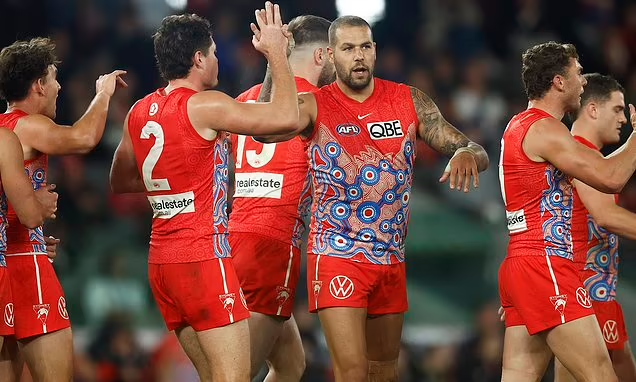
Brad Scott, Senior Coach of the Bombers
Essendon coach and former AFL football executive Brad Scott has voiced his dissatisfaction with the current sub rule following his team’s thrilling draw against Collingwood on Anzac Day.
Scott’s frustration arose during a tense final quarter when young key forward Harrison Jones required assessment for concussion after a clash of heads with Collingwood’s Darcy Cameron. Despite being cleared of any significant damage by medical staff, Jones was unable to return to the field for at least 15 minutes, as per the AFL’s protocol for player assessment, even in the absence of concussion symptoms.
The AFL had previously implemented a sub rule, which was later abolished due to widespread unpopularity, only to be reintroduced before the 2021 season for medical reasons and subsequently changed to a “tactical” sub. However, Scott questions the necessity of having a sub at all.
Scott articulated his stance, stating, “He’s (Jones) fine and no concussion, they cleared him. But it’s such a difficult one because they have to assess him…I’ve been pretty vocal about it. I don’t know why we have a sub. I’ve got absolutely no idea.”

Regarding the suggestion of having five active players on the bench instead of the current system with four on the bench plus a sub, Scott expressed ambivalence, indicating that neither option was ideal. This viewpoint has elicited mixed reactions from fans, with some expressing confusion and others voicing support for Scott’s criticism of the sub rule.
While some fans question Scott’s stance, others echo his sentiment, highlighting the lack of perceived benefits of the sub rule and expressing agreement with his critique. However, Scott’s vocal opposition to the rule, along with that of his twin brother Chris, underscores the brothers’ willingness to express their opinions, a trait that has not gone unnoticed among football fans.
Ultimately, Scott’s comments add to the ongoing debate surrounding the efficacy and necessity of the sub rule in the AFL, highlighting the complexities of player assessment and the impact of rule changes on the game’s integrity and competitiveness.






